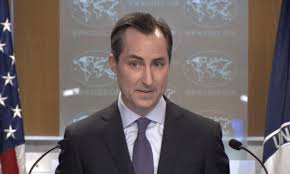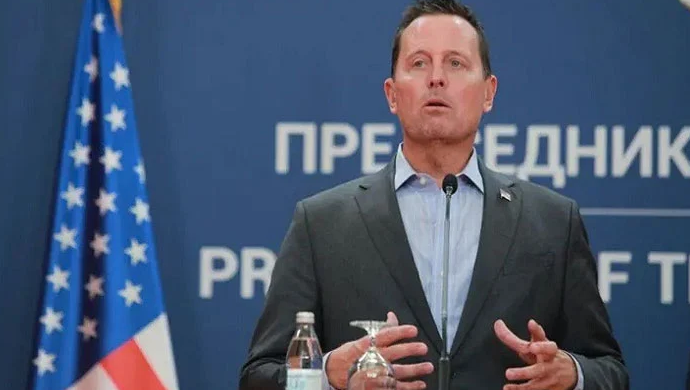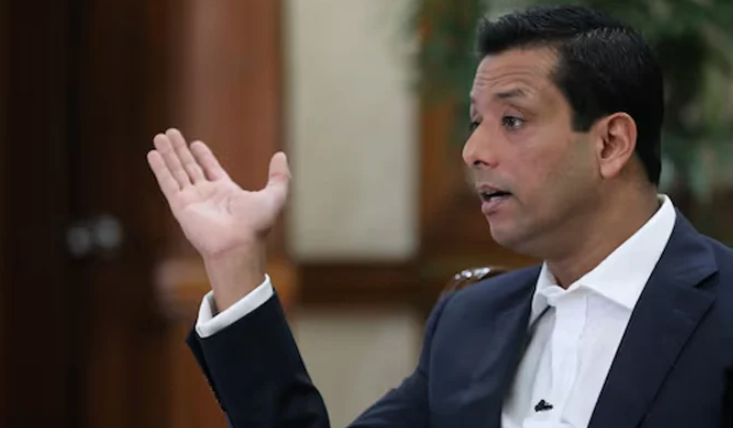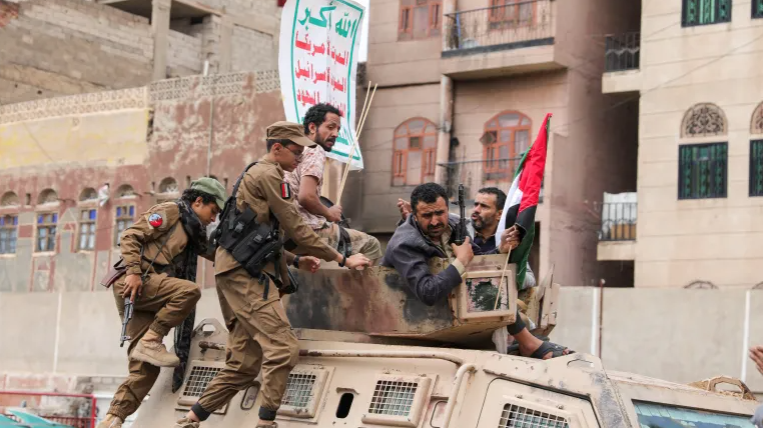WORLD NEWS

The sentencing of 25 Pakistani civilians by military courts has sparked widespread international condemnation, with the United States joining the European Union and the United Kingdom in raising serious concerns over the lack of judicial transparency and due process.
Last week, a military court sentenced 25 Pakistan Tehreek-e-Insaf (PTI) activists to prison terms ranging from two to 10 years for their alleged involvement in the May 9, 2023 riots, which erupted after the arrest of PTI founder Imran Khan. The verdict has been met with sharp criticism both domestically and internationally.
International Criticism
In a statement posted on X, US State Department spokesperson Matthew Miller expressed concern over the military court sentences, urging Pakistan to uphold the principles of fair trials and due process as enshrined in its Constitution. Miller reiterated the State Department’s position that military courts lack judicial independence, transparency, and basic guarantees of justice.
The UK’s Foreign, Commonwealth & Development Office (FCDO) echoed these sentiments, calling the trials “inconsistent with transparency and independent scrutiny.” It urged Pakistan to honor its commitments under the International Covenant on Civil and Political Rights (ICCPR).
Similarly, the European Union warned that such trials undermine Pakistan’s obligations under the ICCPR and could jeopardize its Generalised Scheme of Preferences Plus (GSP+) status. The EU reminded Pakistan of its commitment to implement 27 core international conventions under the scheme, including ensuring fair judicial proceedings.
Domestic Reactions
Domestically, PTI has rejected the sentences, questioning the fairness of the trials. PTI MNA Asad Qaiser criticized the Supreme Court for conditionally allowing military courts to announce verdicts, stating, “The Constitution gives us the right to peacefully protest, but such decisions undermine those rights.”
PTI Central Information Secretary Sheikh Waqqas Akram warned that the trials could isolate Pakistan internationally and endanger its GSP+ status, which has been a key driver of trade with Europe. “Violations of human rights and due process threaten years of hard work that secured Pakistan’s GSP+ benefits,” Akram said.
Dr. Yasmin Rashid, a senior PTI leader currently imprisoned, described the military court verdicts as the “final blow to human rights” in a handwritten letter. “Justice has become non-existent, and democracy’s façade has been shattered,” she lamented.
Economic Implications
The EU is Pakistan’s second-largest trading partner, with GSP+ arrangements significantly bolstering bilateral trade. The potential loss of GSP+ status due to perceived violations of human rights could severely impact Pakistan’s already fragile economy.
Experts emphasize that political stability and adherence to international human rights standards are critical for maintaining economic partnerships. However, ongoing trials of civilians in military courts are seen as a step backward, raising concerns about the government’s commitment to democratic norms and human rights.
Looking Ahead
While Pakistan’s Foreign Office has yet to respond to the international criticism, mounting global and domestic pressure could force the government to revisit its approach to military court trials. For now, the sentences have drawn attention to the delicate balance between national security and upholding the rule of law—a balance that many argue is tipping dangerously in the wrong direction.




